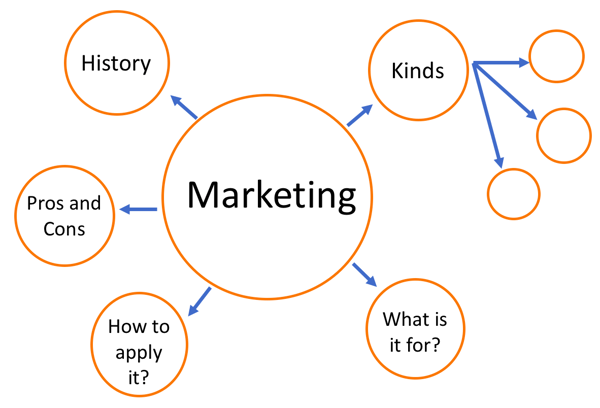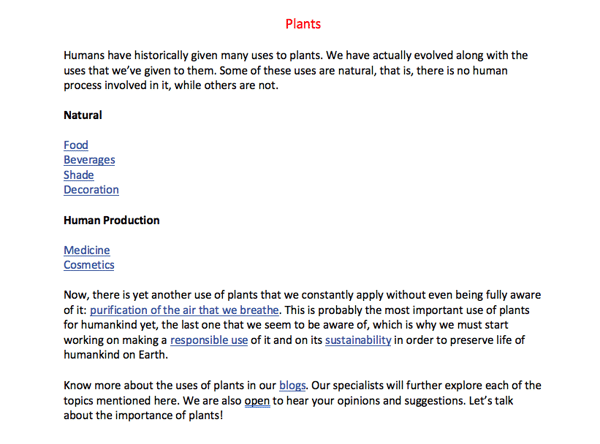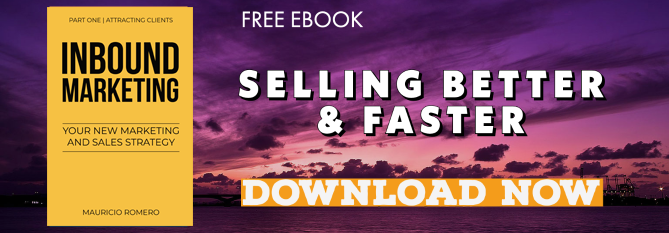
Google is an internet search engine that constantly changes the algorithms it uses to find the best content for its users. Until now, these algorithms were based on keywords, which was useful enough and also easy to locate for Google and other search engines. However, Google has taken a step further in its intention to obtain the most satisfactory results for its users: the search based on Topic Clusters. What is a Topic Cluster? How does it work?
Topic Clusters
Yes, groups of topics, of information. That is exactly what Google will start to work with in order to find the best structured and most useful content for its users. We can no longer work with a single well-thought-out and well-written blog, full of keywords that will make this search engine find it more easily. Google has realized that a single blog, even if it included the most searched for keywords and thus, proved to be a very relevant blog, is just not enough. Why?
Because we, the people who look for content and actually read it, are not just a search engine, we do not work with keywords. Google has decided thus to go for this new way of searching and offering content based on the content and how it is all structured and related, so that it responds more to the needs of people than to their search engines'.
And how do we, people, look for information?
By topics, by levels of knowledge. If we do not know about a topic, we start with a first level, a first approach at a general level, to begin to understand what it is about and afterwards, we go deeper into it.
For example, if I do not know anything about marketing, I do not start with specialized marketing articles, those that only marketers would understand, full of technicalities and precisions with which I am not even remotely familiar with. I start with a very general question: What is marketing? And after reading and familiarizing myself with that information, I can take a second step that takes me from "knowing about" to "knowing more".
The levels of knowledge have no limit. After a first approach, I may now know what marketing is yet, there is always more to learn. What's its story? What is it for? How is it carried out? What are its most basic principles? What kinds of marketing are there? A first approach allowed me to know something about the subject yet, based on this little knowledge, I can now ask more questions on it.
In other words, from this first question "What is marketing?" Many more questions can be asked, such as the ones just mentioned above. And from these secondary questions, many more can be detached. This is how knowledge gradually becomes specialized, deepened.

Based on the previous example, we can understand why the search for results based solely on keywords, may not offer the general picture that anyone needs to get when looking for answers. If I know absolutely nothing about marketing and I am suddenly offered a very specialized answer on the subject (only because it uses keywords that are frequently searched for) it is very likely that I will hardly understand this response and, of course, I will be dissatisfied with it. Hence, the search for results is now based on topic clusters and not only on keywords.
A topic cluster starts with an initial -very general- topic and then categorizes the information related to it into sub-groups or sub-topics. These sub-groups, in turn, can be divided into many more topics. This structure is how information is organized, and it comes closer to the way in which people look for information. All information can be included in a topic cluster, from the most general to the most specific and particular one, but it must follow some logic and order.
Pillar Pages
Now that we know what a topic cluster is and why Google has chosen to work with it, let's dig a little deeper on the subject.
What is a Pillar Page
On our website, each sub-group that derives from the main topic or question, must have a pillar page to which the other more specialized sub-themes, are linked to. It can be said that it is the introductory page to the other sub-themes that derive from it. You do not have to address everything in depth on this page, but only mention all the sub-topics that may be included and briefly indicate their relationship, articulate them.
Example of pillar page and the accommodation of your information
For example, if the topic is "Plants", the sub-groups may include: categories, geographic location, uses, importance, to name a few. Each sub-topic will be linked to a pillar page at which they will all be given order, will be logically related. We can then click on the links these sub-topics and go to more specific pages. Take "uses of plants" as an example:

Not all the in-depth sub-topics will be addressed on this page, but they will be mentioned briefly and their relationship will be indicated, so that if any of the readers would be interested in continuing to deepen their knowledge a specific subject, they can follow a line of specialization of the information, as far as they want to take it.
How is this achieved? With links to blog posts, to other web pages and to more specific content offers (e-books, brochures) ... Each sub-topic can offer more information about a topic, as well as a variety of formats in which this information id delivered.
User-Friendly Pillar Page

All this topic clusters and pillar pages structure of the contents that we offer on the internet is not something that the visitors directly see on our page. This organization of the information is carried out by the creators of the blogs from their respective platforms. They are the ones who categorize topics and divide them into other sub-topics (increasingly specific) from their platforms, from their "backstage".
How can you plan an Inbound Marketing strategy for your company using this Topic Clusters tool? Get in touch with us, we are an agency specialized on Inbound Marketing and we can gladly give you more information.

 Paulina Romero H
Paulina Romero H
